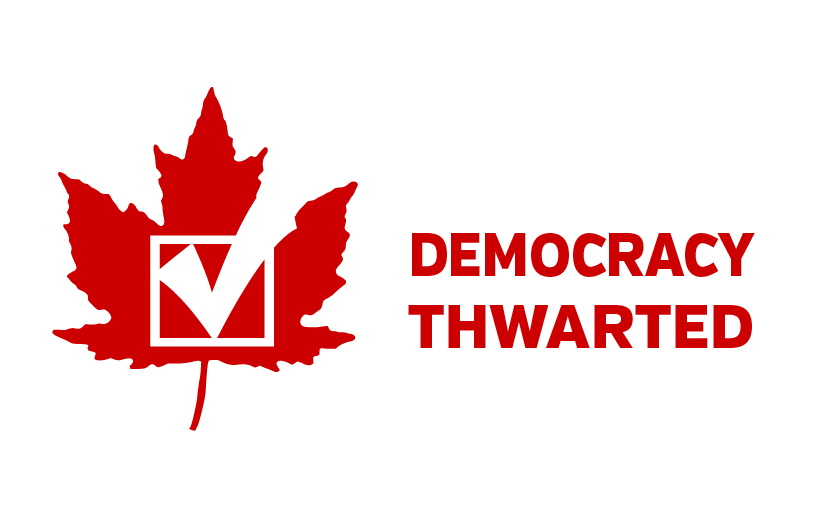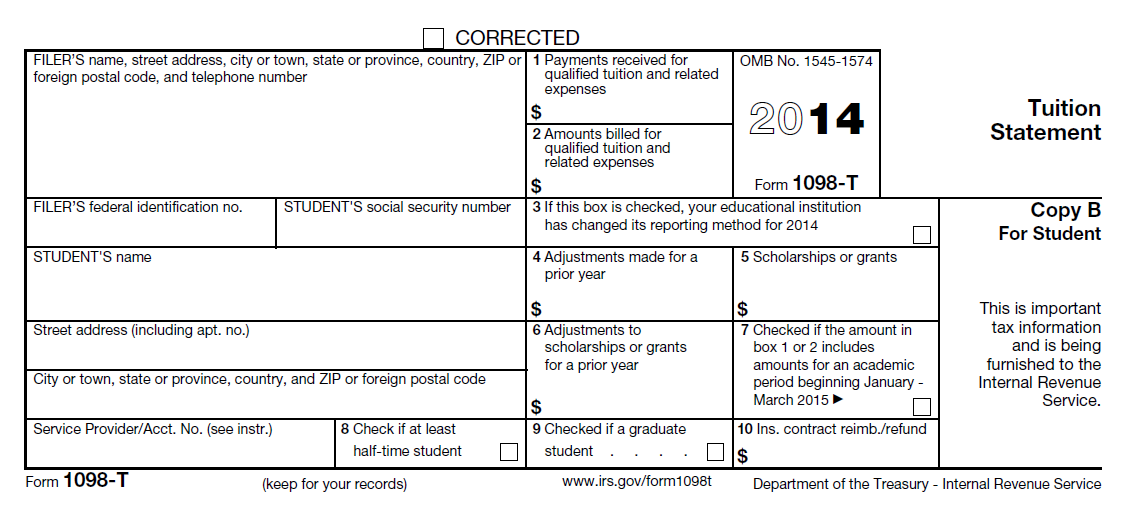After blogging last week about being deprived of my right to vote as a Canadian citizen, I realized two things:
- I’m personally affected as far as the impending election is concerned because Elections Canada is now requiring international electors to declare an intended date of return—even those of us who have previously applied to be on the Register, and have not yet been abroad for over five years
- Wikipedia’s page on Elections in Canada lacked any mention of the expat situation, erroneously claiming (though it used to be true for 14 months) that “National voting is available to all Canadian citizens aged 18 or older.”
I rectified the second situation by revising those sentences and adding a section on expat voting to clarify the current state of affairs.
I believe my summary, which recalls the five-year limit’s origins in 1993, is the most compact summary of the whole picture, to date, in one place.
Of course, I humbly encourage others to contribute to Wikipedia and edit the article to continue improving its content, but I think the section I mentioned is worth quoting:
Canadian citizens abroad
Although Section Three of the Canadian Charter of Rights and Freedoms provides that “every citizen of Canada has the right to vote”,[9] in practice only those citizens 18 years of age or older, and who reside in Canada or have been abroad for fewer than five years, may vote.[10] Exemptions to the five-year limit exist for members of the Canadian Armed Forces, employees of the federal or a provincial government who are abroad, employees of certain international organizations, and their cohabitants.[10] The five-year limit was originally enacted as part of Bill C-114, An Act to Amend the Canada Elections Act, in 1993; these amendments extended the special ballot to certain prisoners, and Canadians “living or travelling” abroad.[11] In September 2005, Jean-Pierre Kingsley, then the Chief Electoral Officer of Canada for 15 years, explicitly recommended in his official report that Parliament remove the five-year limit by amendment, but no action was taken.[12][13]
In May 2014, a court decision from the Ontario Superior Court of Justice invalidated the five-year limit as an unconstitutional restriction on the right to vote, in violation of Section Three, leading to a period of fourteen months during which all Canadian expatriates could apply to be on the register of electors.[14] However, the decision was reversed 2-1 on appeal at the Court of Appeal for Ontario on July 20, 2015, in a judicial opinion citing Canada’s history of using a residence-based electoral district system and a justification based on social contract theory, which held that the five-year limit was a permissible limitation of the constitutional right to vote under Section One.[15][16] As of August 2015, Elections Canada has implemented changes to its registration process to comply with the latest court ruling, and will require expatriates already on the register to declare an intended date of return.[17]
Again, I really hope this is appealed to the Supreme Court of Canada. Unfortunately, with the federal election just having been called for October 2015, it is impossible for any ruling to take effect in time for the impending election. (A legislative solution is also possible, but a court ruling would be the most optimal outcome.)



